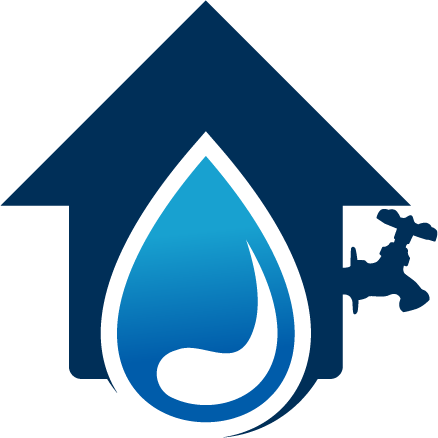Types of Hot Water Units
Hot water systems are installed in both commercial and residential settings. They use various heating methods to ensure a consistent supply of hot water, including gas, electric, solar and heat pumps. Before choosing a hot water system, you must take multiple factors into consideration. For instance, you should assess your hot water needs—if you have a large family, then a larger unit should be installed, and if there are only a few people using hot water, then it's much better to save money and install a smaller unit that is cheaper to run.
Electric Hot Water Systems
These are cheaper to install than other hot water systems; however, they are more expensive to run in the long term. Installation usually only takes a few hours. The electrical hot water units can be installed both outdoors and indoors.
Gas Hot Water Systems
These are more expensive to install; however, they are cheaper to run in the long term. Unlike electricity, gas rates generally don't vary, so one can expect a continuous supply of hot water throughout the day. Gas hot water systems are also more energy efficient and use less energy to supply hot water. These also take a few hours to install and are mostly installed indoors.
Solar Hot Water Systems
These are the most environmentally friendly type of hot water systems. They use solar panels to harness the sun's energy to heat water. They are the most expensive to install initially and take longer to install, and this is because prior to installation, the electrician needs to inspect the property to plan the installation. Once this system is installed, a person should expect to see cost savings on their energy bills. The government also offers rebates on these solar hot water systems, so people should always check whether they are eligible.
Heat Pump
This type of hot water system extracts heat from the air to heat water; this is the same principle used in fridges and air conditioners. The downside of these hot water systems is that they may be noisy due to the compressor, and these only work well in warm climates.
People shouldn't wait till their hot water unit is completely out of action before replacing it. Hot water units have a set life span and should be inspected every 6 months to see whether they require repair or replacement. This is also an important safety measure, as fires can be caused by malfunctioning hot water units.

